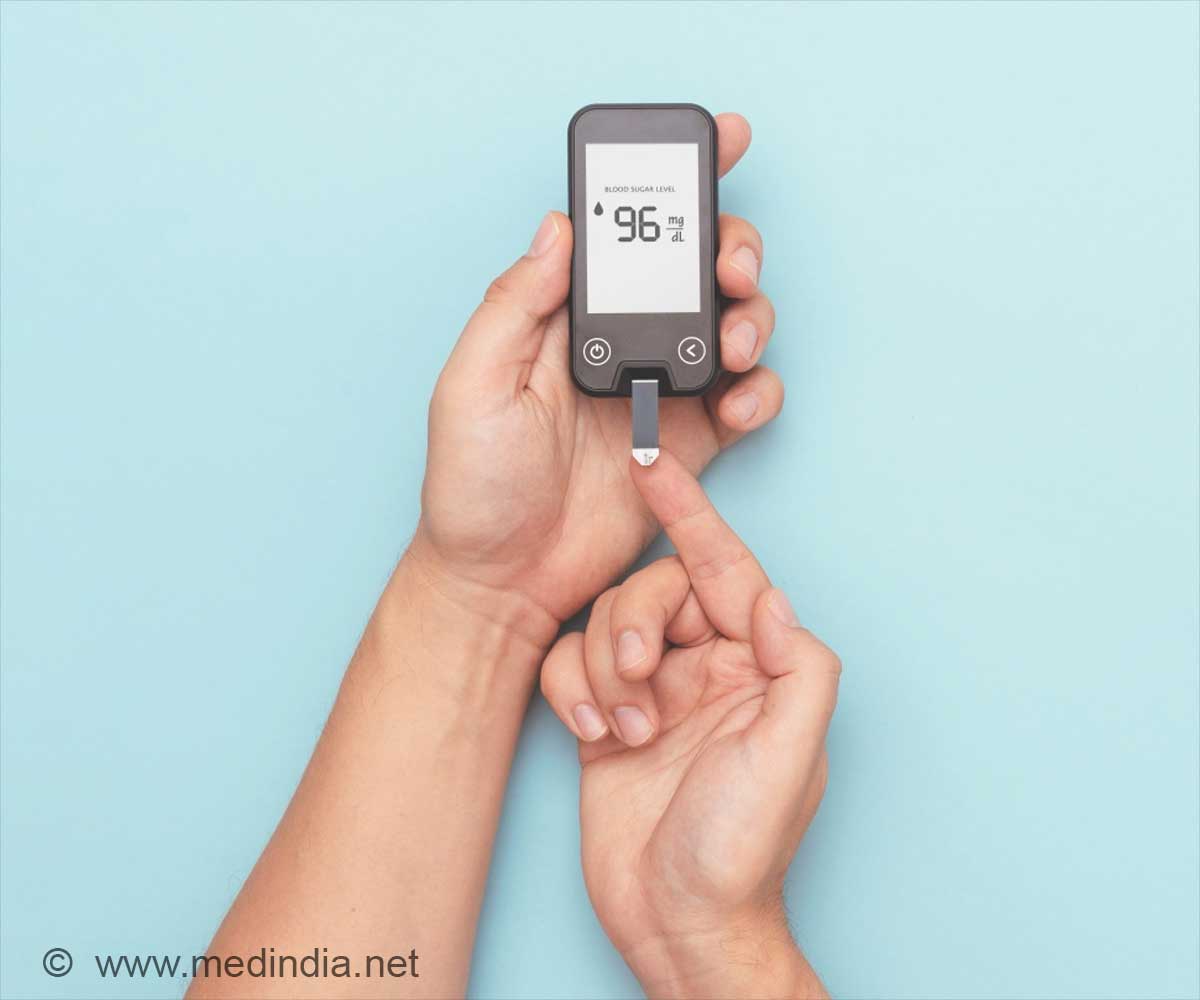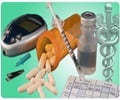American researchers have taken another step closer towards a possible cure for type 1 diabetes after developing newly engineered biomaterials for cell transplantation.

The research team engineered a biomaterial to protect the cluster of insulin-producing cells - donor pancreatic islets - during injection.
The material also contains proteins to foster blood vessel formation that allow the cells to successfully graft, survive and function within the body.
"It's very promising," Andres Garcia, Georgia Tech professor of mechanical engineering said.
"There is a lot of excitement because not only can we get the islets to survive and function, but we can also cure diabetes with fewer islets than are normally needed," he said.
Four weeks after the transplantation, diabetic mice treated with the hydrogel had normal glucose levels, and the delivered islets were alive and vascularized to the same extent as islets in a healthy mouse pancreas.
Advertisement
Source-ANI















